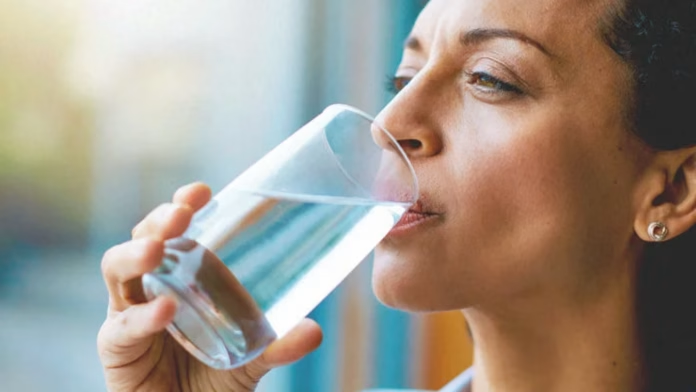Water is the elixir of life. It sustains us, keeps our bodies functioning optimally, and plays a crucial role in maintaining our overall health and well-being. We’ve all heard the conventional wisdom about drinking eight glasses of water a day, but is that really the best approach? Surprisingly, it turns out that many of us have been drinking water wrong our whole lives, missing out on its full potential benefits.
In this article, we will delve into the surprising dos and don’ts of drinking water, debunking common misconceptions and offering insights that can revolutionize your hydration routine. By understanding the proper techniques and strategies for consuming water, you can unlock its true potential and optimize your health and well-being.
The Dos of Drinking Water:
- Drink an Adequate Amount:
One of the primary dos of drinking water is to consume an adequate amount throughout the day. The commonly recommended guideline of drinking eight glasses of water per day may vary depending on factors such as age, weight, activity level, and climate. While this guideline provides a general starting point, it’s important to personalize your hydration needs. Consulting with a healthcare professional can help determine an appropriate hydration target for your specific requirements.
- Maintain Consistency:
Sipping water consistently throughout the day is more beneficial than consuming large quantities infrequently. This approach ensures a steady supply of hydration, aids digestion, promotes circulation, and supports overall bodily functions. Waiting until you feel thirsty is not an effective strategy, as thirst is a delayed response to dehydration. Set reminders or carry a reusable water bottle with you to encourage regular sips throughout the day.
- Optimize Water Quality:
The quality of the water you consume matters. While tap water is generally safe in many regions, it may contain impurities or chemicals. Consider investing in a reliable water filtration system to remove contaminants and enhance taste. Additionally, drinking mineral-rich water or incorporating trace mineral drops can replenish essential electrolytes, promoting better hydration and supporting overall health.
- Time Your Water Intake:
Drinking water strategically at specific times can maximize its effectiveness. For example, consuming a glass of water upon waking up helps to rehydrate your body after hours of sleep. Drinking water before meals can promote better digestion, while consuming it before and after physical exercise aids in performance and recovery. Being mindful of the timing of your water intake can enhance its impact on your body’s functions.
The Don’ts of Drinking Water
- Avoid Chugging Large Amounts:
While it’s essential to stay hydrated, chugging large amounts of water in a short period can overwhelm your body and potentially dilute electrolytes, leading to a condition called hyponatremia. This can disrupt the balance of electrolytes in your body and cause symptoms like nausea, headaches, and in severe cases, even seizures. Instead, opt for sipping water gradually throughout the day.
- Don’t Rely Solely on Thirst as a Signal:
Relying solely on thirst as a cue to drink water is not reliable. Thirst is a delayed response to dehydration, meaning you may already be dehydrated by the time you feel thirsty. It’s important to establish a consistent hydration routine, even when you don’t feel thirsty, to prevent dehydration.
- Avoid Drinking Water with Meals:
Contrary to popular belief, drinking large amounts of water during meals can dilute stomach acid and impair digestion. It’s recommended to limit your water intake during meals and focus on hydrating before and after eating. However, taking small sips to aid swallowing and ensure comfort is acceptable.
- Don’t Overlook Hydration in Different Environments:
The environment you’re in can affect your hydration needs. In hot and humid conditions, you may need to increase your water intake to compensate for excessive sweating and prevent dehydration. Similarly, at higher altitudes, increased respiratory water loss necessitates additional hydration. Being mindful of your surroundings and adjusting your water intake accordingly is crucial for maintaining optimal hydration.
Final Thoughts:
Drinking water is a fundamental aspect of maintaining good health, but it’s essential to approach hydration in a thoughtful and informed manner. By following the surprising dos and don’ts outlined in this article, you can optimize the benefits of water consumption and support your overall well-being. Remember to drink an adequate amount of water consistently, prioritize water quality, time your intake strategically, and avoid common pitfalls such as chugging large amounts or relying solely on thirst as a signal. By making these simple adjustments to your hydration routine, you can unlock the true potential of water and experience its transformative effects on your health and vitality.





